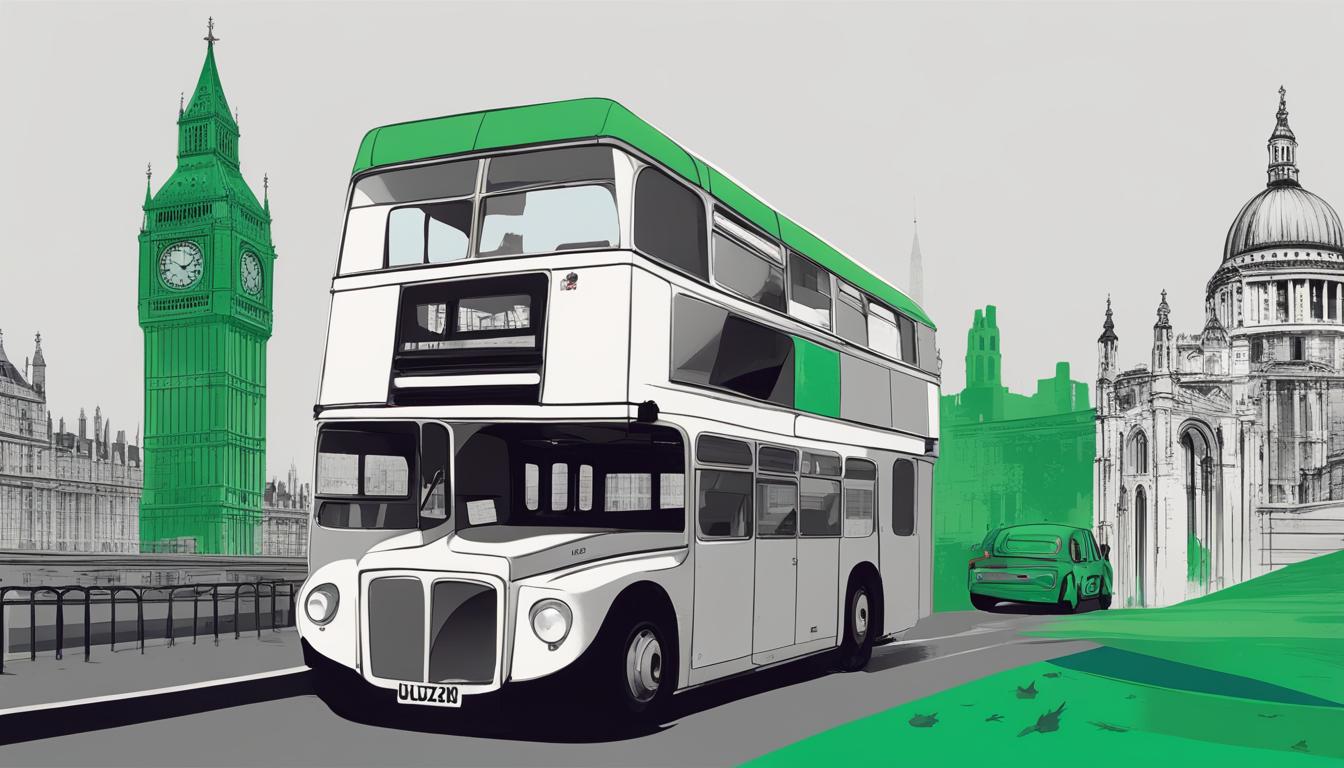As the 2024 London mayoral election nears, incumbent Sadiq Khan faces challenges from Susan Hall and Jeremy Cox, amid debates over transportation, crime rates, and changes to the voting system.
As London approaches the mayoral election in 2024, three principal issues are emerging to define the contest. Incumbent Mayor Sadiq Khan, is contending for a third term against Conservative Susan Hall and Reform UK’s Jeremy Cox. Khan’s tenure has been marked by expanded transportation initiatives and fare freezes. However, his administration faces criticism over rising knife crime rates and the controversial expansion of the Ultra Low Emission Zone (Ulez), which aims to improve air quality but has been described by critics as burdensome. Hall proposes to eliminate the Ulez expansion, while Cox advocates for the removal of the entire scheme.
Compounding the electoral dynamics are alterations to the voting system. The shift to a ‘First Past the Post’ system and the introduction of voter ID laws are noteworthy changes. These new ID requirements, which will be enforced in both the mayoral and the concurrent local elections across England and Wales, mandate that voters present acceptable photo identification at the polls. This move follows recommendations from a report by Lord Pickles on electoral abuse risks.
In local elections, a significant disparity in voter turnout is anticipated, particularly in deprived areas. For instance, in places like Tilbury, Essex, the expected turnout is as low as 13%, highlighting widespread political disengagement. Residents express a lack of trust in local governance, exacerbated by unmet council promises and poor infrastructure.
As voters head to the polls, the key issues of environmental policy, crime prevention, electoral system changes, and voter engagement are poised to influence the outcomes, shaping the administrative landscape of London and broader settings across England and Wales.













